18 Types of Soap for Cleaning You or Surfaces Spotless
Author: Rick Worst | Editor: Omar Alonso
Review & Research: Jen Worst & Chris Miller
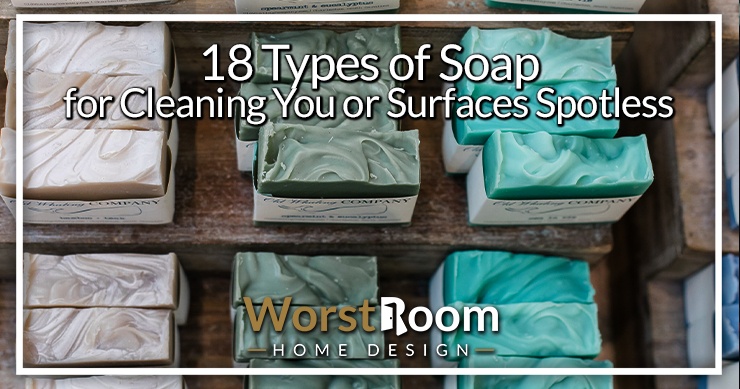
What comes to your mind if you think about that one thing that every household keeps for personal hygiene? We know the answer... any types of soap.
Soap is the most common refreshing lather agent found in every household. They come in different sizes, shapes, scents, and colors with unique ingredient content.
Out in the marketplace, a large variety of other soaps are available to satisfy additional requirements of cleaning-be it for bathing or cleaning purposes.
But, how are soaps different from each other when it is primarily just cleaning agent? Let us assist you by discussing the different types of soap and their uses.
18 Types of Soap
Soap is made with oils that come from nature in addition to fats and chemicals like sodium hydroxide. TFM (Total Fatty Matter) value refers to the amount of sodium salt in the fats of a soap mixture.
The quality of every soap is indicated by its TFM value. While cleaning and bathing soaps are the most common soap types found, there are more kinds.
Below, we have put together information about the different kinds of soap and their purposes and ingredients. Let's proceed.
Toilet Soap
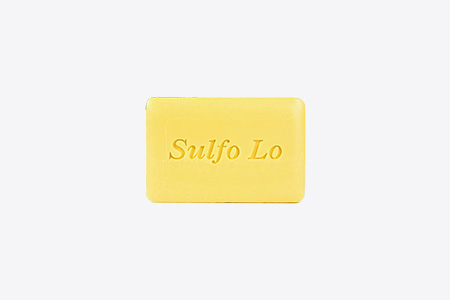
Toilet soap is the most common agent of personal hygiene that are found almost everywhere. Even though there are various classifications of toilet soap, more specifically, a toilet soap's primary usage is for cleaning purposes.
These kinds of soap comprise a more intense amount of Total Fatty Matter (TFM) than other cosmetic soaps. A higher TFM indicates more cleaning efficiency and moisturizing power of lather-giving toilet soap. As we proceed further, we will discuss classified toilet soaps and more.
Bathing Soap
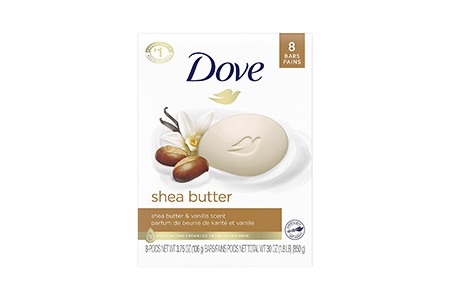
Bathing soap is a type of toilet soap as well. However, the difference is that they have a comparatively lower TFM than classic toilet soaps. Thereby, all types of bathing soap, as the name suggests, is preferable to be used for personal hygiene-related showers and cleansing.
They are most commonly used for daily showers and fulfill other personal hygiene needs. However, with any types of bath soap it is essential to note that these kinds of soap are never used to clean surfaces or for other purposes as they have a low TFM.
Guest Soap
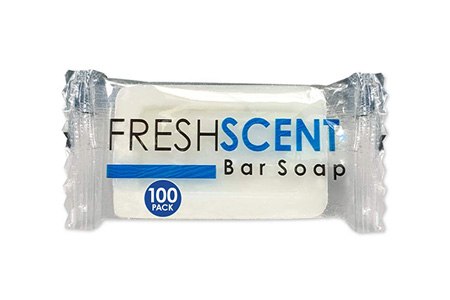
As the name indicates, guest soap is significantly placed in bathrooms for one-time use by visitors at hotels or houses. They come in small sizes mostly and have a comparatively better outlook than other soaps to add to the ambiance.
Various scents and flavors are available in terms of guest soaps. These types of soap also come in different shapes, which are round or even flower-like.
Beauty Soap
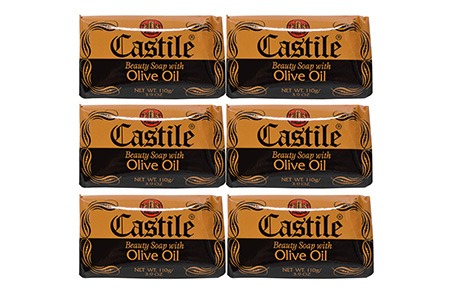
More commonly known as "beauty bars," beauty soaps are primarily used to help with skin conditions and remove bacteria from the skin. You can consider them types of bathing soaps.
They are made with different ingredient content to help with individual skin types of people, for example, acne-prone skin types, moisturizing, hydrating, etc.
Even though they are called 'beauty bars,' they come in various forms of cleansing gels and facewashes. They are available in many colors and scents as well.
Beauty soap is a sensitive purchase and should only be bought when one is sure of their skin type and skin needs.
Novelty Soap
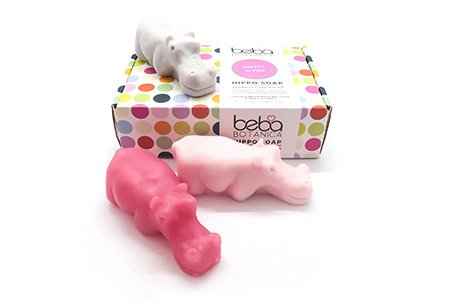
Novelty soap is one of the most visually pleasing soaps out there. They come in different designs, shapes, colors, and exotic smells. Yet, they are used as a décor item than soap in most bathrooms.
These soap types are commonly handmade and used to attract kids, making them more hygienic. For example, the shapes of flowers, cars, ducks, and more motivate children to take baths properly.
Even though they are not as chemically strong to cleanse off bacteria, they act as an excellent gift or decor pieces.
Dish Soap
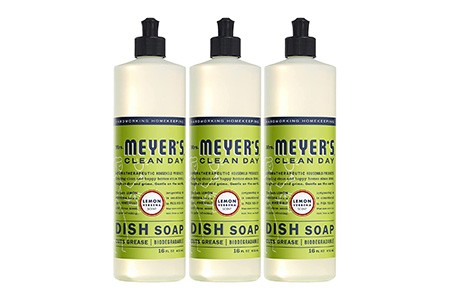
Dish soaps come in many forms. They can be dishwashing gel or detergent, specifically manufactured to clean cutlery and dishes. Make sure you don't use countertop dish soap any of your types of dishwashers, though. They require specific kinds of soap.
These detergent soaps contain intense chemicals and should not be applied to the skin. However, the texture of these soaps is relatively firm with surfactants - this compound enables the cleaning of dishes easily as it can quickly spread around when mixed with water.
Additionally, the essence of refreshing agents like lime and mint are used to make dish soaps. They are more of kitchen types of soap that produce a lot of foam when used for doing the dishes.
When mixed with hot water and scrubbed, they remove stains and greasy oils and leave behind a fresh smell.
Laundry Soap
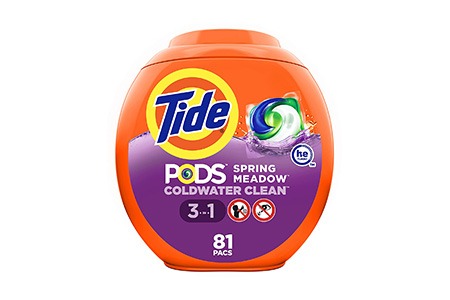
Laundry soaps used to be manufactured from natural goat fats and wood ash years ago. But with resources becoming course, they are not manufactured with synthetic compounds but instead with natural extracts.
Unlike dish soaps, laundry soaps are also intense cleaning agents, but they are used to clean fabrics instead of dishes. They contain surfactants and come in the form of detergents and liquid gels. There are also laundry detergent substitutes you can try, too.
Surfactants in laundry soaps help get rid of dirt, unpleasant smells, and even the most stubborn stains from fabric materials. Some laundry soaps come in tiny sizes made by different brands to be used inside a washing machine.
You can test out a lot of brands by buying them at once, and then stuffing all of your laundry detergent onto a shelf or in your washer and dryer pedestal alternatives until you're ready to give each a try.
Medicated Soaps
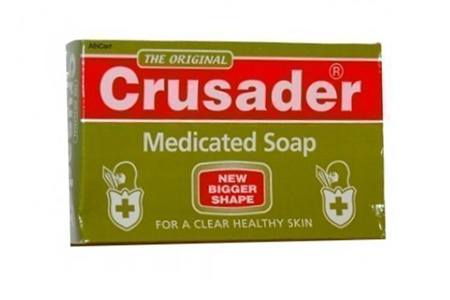
As the name can guess, medicated soaps are specially made to treat severe skin conditions. The conditions may include acne issues, pimples, clogging pores, bacterial infections, etc. There are two primary types of medicated soaps as per the conditions they treat.
Anti-Fungal Soap
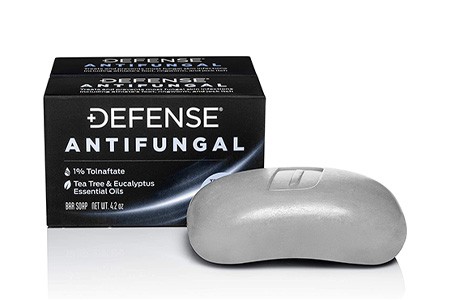
These soaps contain tea tree oils, Vitamin E, glycerin, natural oils, zinc oxides, etc., to work against fungal skin infections.
Anti-Bacterial Soap
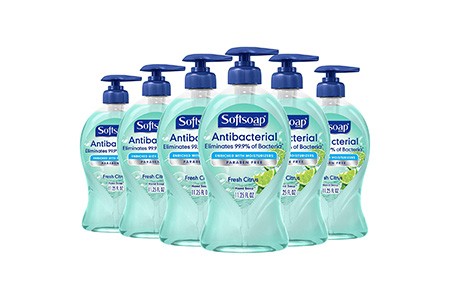
The anti-bacterial types of soap contain agents like EDTA, PCMX, triclosan, tetrasodium, etc., to treat bacterial infections of the skin.
Non-Toilet Soap
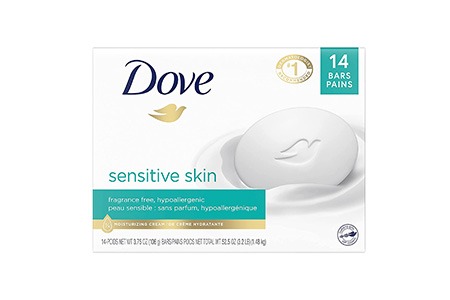
Unlike toilet soaps, non-toilet soaps are not only smooth lather-giving cleaning agents but a cleaning agent for the heaviest of grease and dirt. They are super firm and high-performing.
More commonly, they are known as lithium soaps as well as it contains salts of fatty lithium acids. These soaps are great agents of lubrication that aid in taking down the thick texture of stains when mixed with water.
Transparent Soap
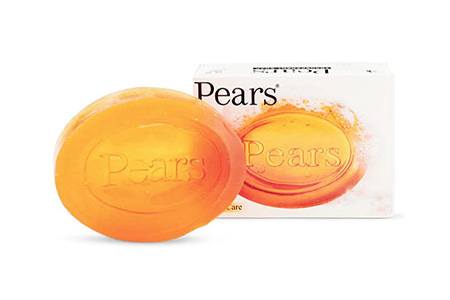
While most soap types come in opaque forms, transparent soaps are see-through and offer a visual aesthetic. They differ from other soaps because, unlike other soaps mixed in water to manufacture, these soaps are made with a hot solution of alcohol.
All the remnants from the solution are filtered out; then, a transparent soap is formed with every dissolved content. This makes the soaps very rigid and produces less lather. They are slippery soaps that don't moisturize much.
Glycerin Soap
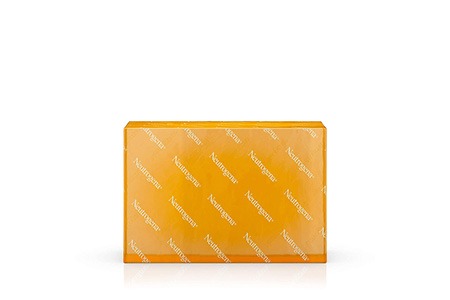
Glycerin soaps are good competition for beauty bars as they offer the same hydrating and nurturing effect as beauty bars. Still, the only difference is they are made with a hundred percent natural ingredients.
The natural ingredients help these types of soap even suit the most sensitive skin types like eczema and psoriasis.
Milk Soap
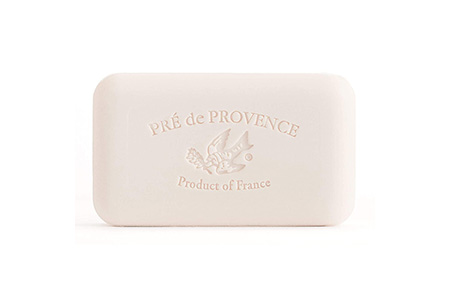
Milk soaps are the most gentle and smooth soaps meant to pamper the skin. While it is mainly used for babies' skin, anyone can use it.
These soaps are super slippery but offer great nourishment. Goat milk is the primary ingredient that is used in producing milk soaps.
Unlike regular soaps, milk soaps are least likely to cause skin irritation. They mainly come in white colors to match the ingredient content and produce just enough leather-not too much or too less. Additionally, they leave behind a cream-like milky fragrance as well.
Handmade Soap
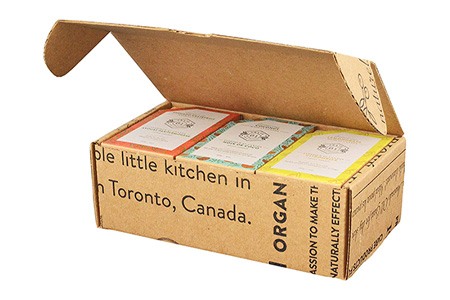
Handmade soaps can be considered niche soaps as they are manufactured in limited amounts with 100% natural ingredients. However, they can be called the actual practical soaps as they are made purely from different oils and are not commercially produced.
Furthermore, handmade soaps are made with olive, palm, coconut, butter oils, and more ingredients. These ingredients are great for providing essential vitamins, antioxidants, and other nutrients that improve skin. Shea butter is used to make handmade soaps as well.
Animal Soap
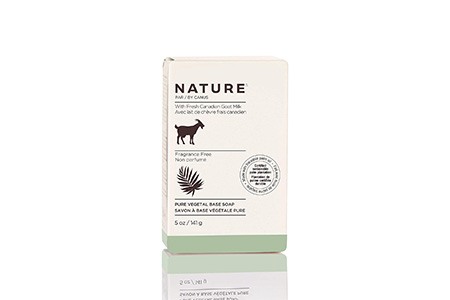
As self-indicating, the name is, animal soaps are mainly made from sources derived from animal fats and plant extracts.
Sodium Tallowate is primarily used to make animal soaps. Different oils and fats are processed to make the soaps. Therefore, it is safe to say that they are not entirely natural soaps or chemical soaps but rather a mixture of both.
Perfume Scented Soap
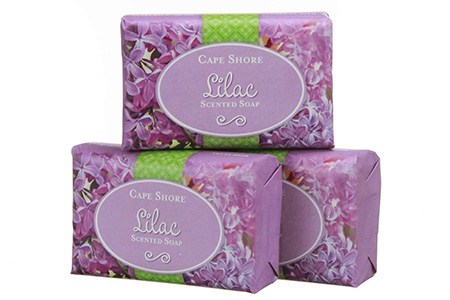
All types of soap have a slight or mild fragrance, but perfume scented soaps are significantly used for the exotic smells and scents it offers when used on the skin.
These soaps are most commonly used in salons or spas when offering aromatherapies to people. Additionally, many people consider perfumes a prominent refreshing agent in their daily life. These people prefer using strongly scented perfumes every day to have a pleasant-smelling aura.
Lye Soap
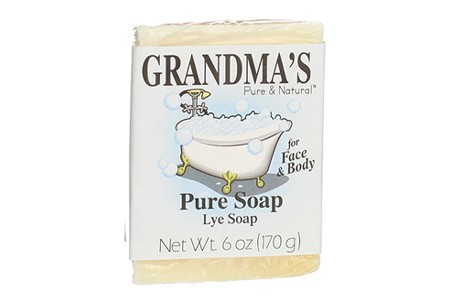
Lye isn't one type of chemical but includes options like sodium hydroxide, potassium hydroxide, KOH, and NaOH. What they have in common is that they're alkaline (basic), meaning they have a high pH level. These chemicals are caustic and will irritate the skin if the soap isn't made properly.
Lye soap is an old recipe, one that works fantastically for drying out problems like poison ivy and other skin problems like bug bites. It's pretty moisturizing at the same time, which is weird.
All you need to make these kinds of soap is fat, lye, and water. I think a bar of lye soap is always worth having in your medicine cabinet or on whatever types of shelves you have in the bathroom.
Flavored Soap
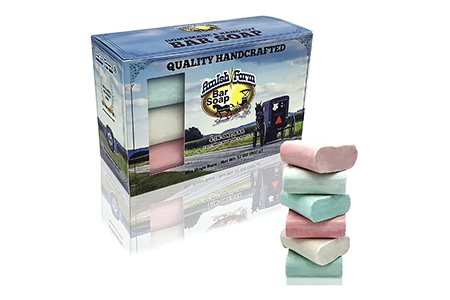
Many vegans use flavored soap types as the primary ingredients include seaweed, tea tree, peppermint, lemongrass, vanilla, and much more. Like animal soaps, flavored soaps are also made from different plants.
However, they are more specifically made with herbs and plant extracts instead of animal matter. Flavored soaps offer pleasant scents and even help hydrate the skin as well. Some people favor flavor soaps over other beauty bars as it suits their skin type.
Luxurious Soap
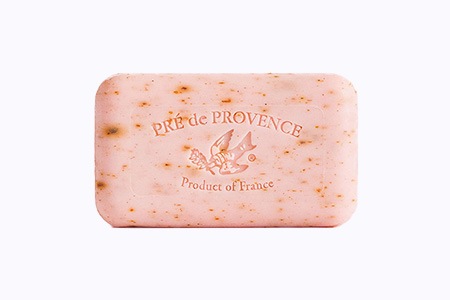
Luxury soaps are a bit high-end soaps that contain fancy ingredients like chocolate, almonds, sandalwood, turmeric, etc.
These soaps are premium made and even offer specific advantages for various skin types of people. These soaps are herbal and are preferred by any instead than regular soaps.
Types of Soap to Sanitize Your Specific Surfaces
There you go with all the different types of soap available out there. Soaps offer several benefits that only show that they are more than just cleaning agents.
Many types of soap are an everyday necessity for everyone, but when picking one for yourself, make sure you know the ingredient content and the type of skin it will suit.
You'll Also Enjoy:
- 10 Fabric Softener Alternatives to Keep Your Clothes Fresh
- 9 Dryer Sheet Alternatives You Can Use Now With Household Goods
- 8 Water Softener Alternatives for a Better Feel & Lower Cost
- 11 Paper Towel Alternatives to Reduce Waste & Clean Even Better
- 9 Plastic Wrap Alternatives for When You're Sick of the Cling



